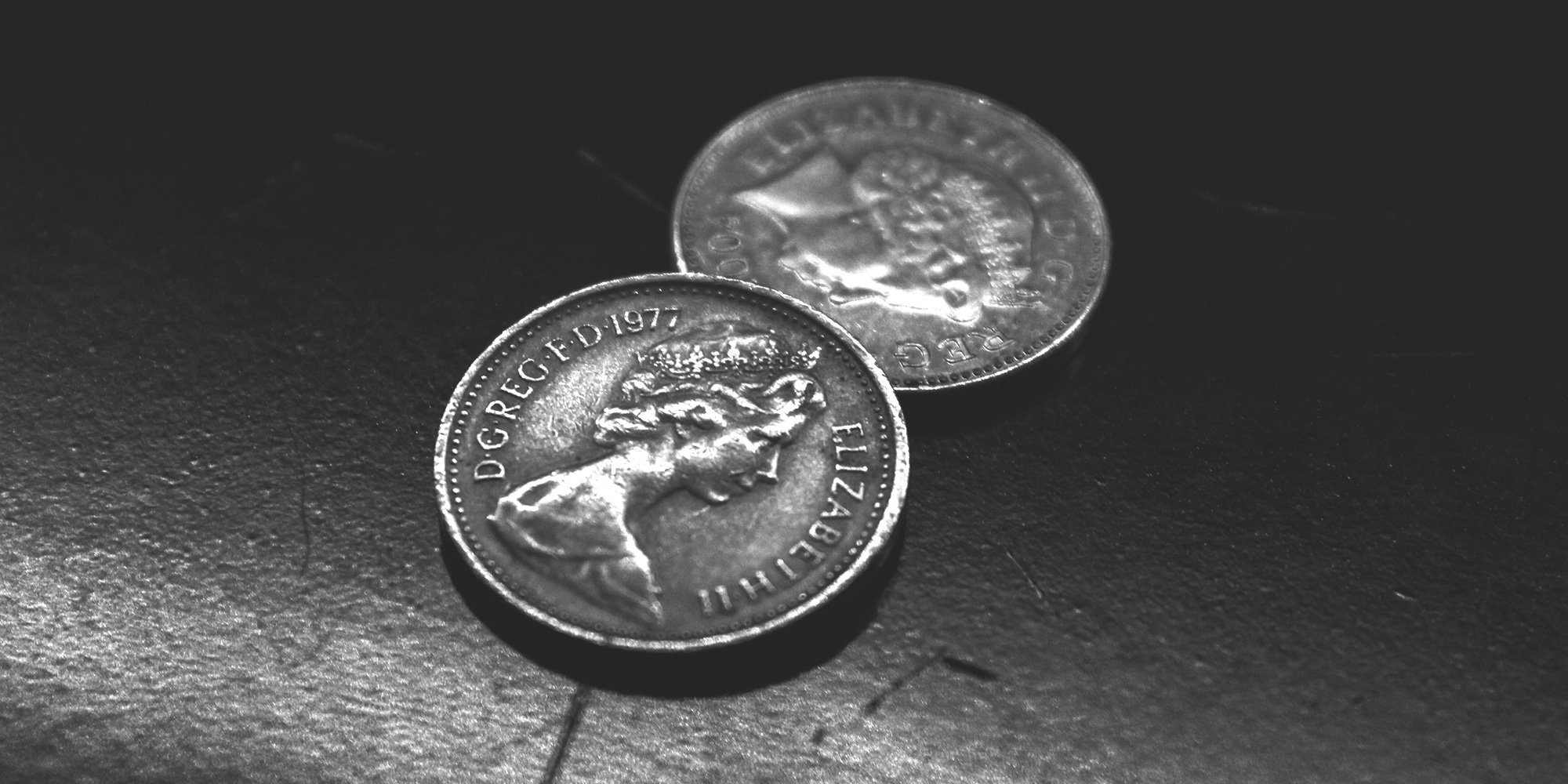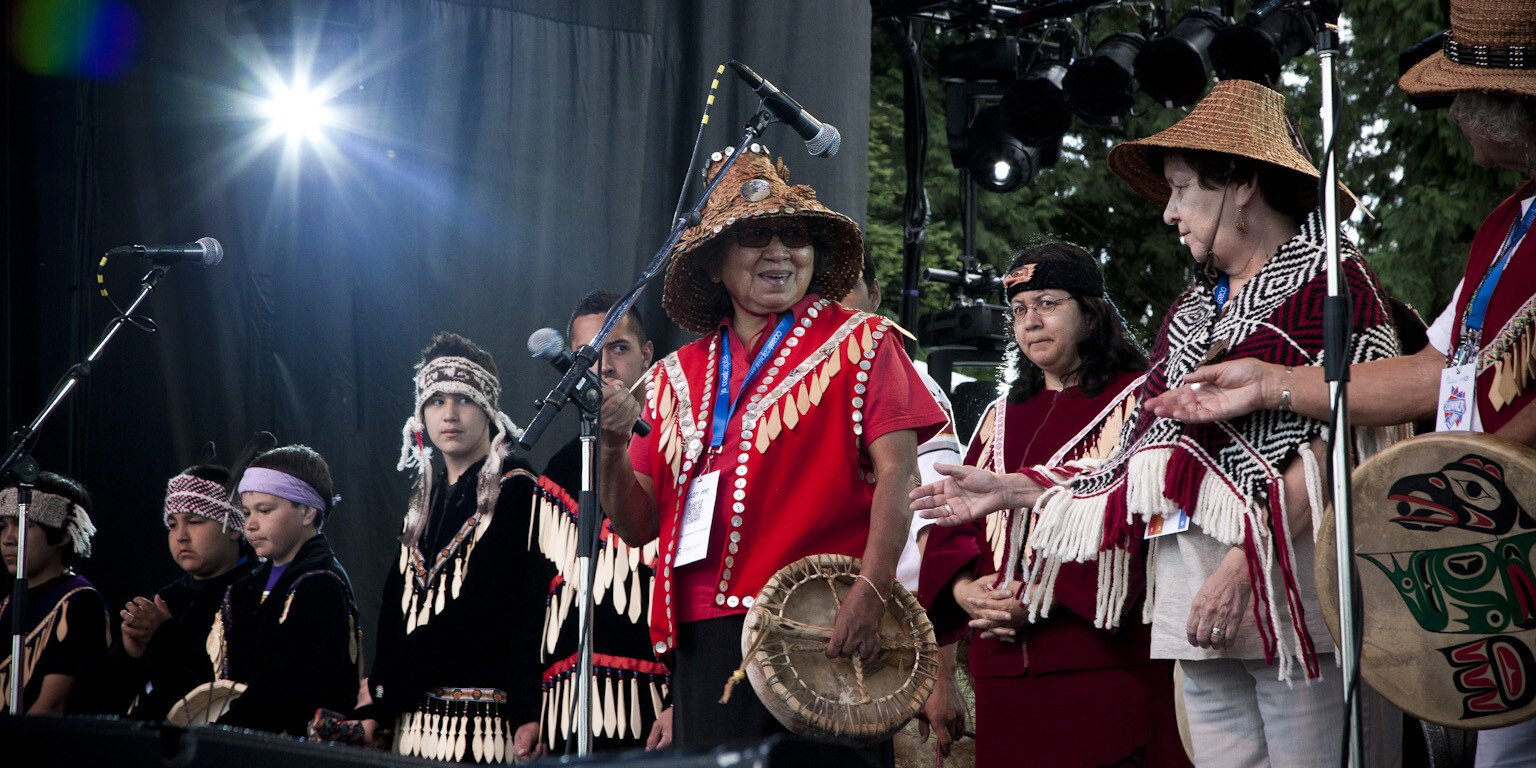Lower Income - #4 of 8 Key Issues for Indigenous Peoples in Canada
Indigenous Canadians earn about 70 cents for every dollar made by non-Indigenous Canadians, according to Canada's income data. This is a very...

The origin of the term “Indian” dates back to Christopher Columbus, who mistakenly thought he had reached the East Indies, so referred to the people in the lands he visited as “indios” which is Spanish for Indian.
In Canada, Canadian Indian people are one of three cultural groups, along with Inuit and Métis, recognized as Aboriginal people under Section 35 of the Constitution Act. Under the Indian Act, Indian means “a person who pursuant to this Act is registered as an Indian or is entitled to be registered as an Indian.”
The Indian Act is a federal legislation that regulates Indians and reserves and sets out certain federal government power and responsibilities toward First Nations and their reserved lands. The first Indian Act was passed in 1876, although there were a number of pre-Confederation and post-Confederation enactments with respect to Indians and reserves prior to 1876. Since then, it has undergone numerous amendments, revisions, and re-enactments. Aboriginal Affairs and Northern Development Canada administer the Indian Act.
While there are legal reasons for the continued use of the term "Indian”, such as in the Indian Act, and the term is used by the Government of Canada when making reference to this particular group of Aboriginal people, usage of the term has fallen out of favour to the point it is considered by many to be derogatory and has largely been replaced by Aboriginal Peoples.
Under the Indian Act, Indian means “a person who pursuant to this Act is registered as an Indian or is entitled to be registered as an Indian”; in the Act, there are three classifications of Indian:
Status Indian: A person who is registered as an Indian under the Indian Act, The act sets out the requirements for determining who is an Indian for the purposes of the Indian Act.
Non-Status Indian: An Indian person who is not registered as an Indian under the Indian Act, who lost their status or whose ancestors were never registered, or lost their status under former or current provisions of the Indian Act.
Treaty Indian: A Status Indian who belongs to a First Nation that signed a treaty with the Crown and as a result is entitled to treaty benefits.
Featured photo: Shutterstock

Indigenous Canadians earn about 70 cents for every dollar made by non-Indigenous Canadians, according to Canada's income data. This is a very...

It’s tax time and that means tax pain, as the television commercials say. Tax time is also the time of year that one hears the common myth that...

A frequent misconception is that Indigenous Peoples are all the same in Canada but there is a clear diversity amongst Indigenous Peoples. Linguists...